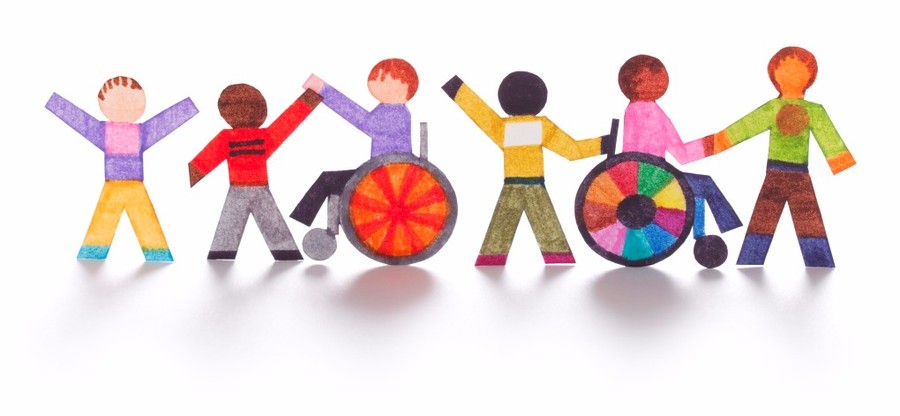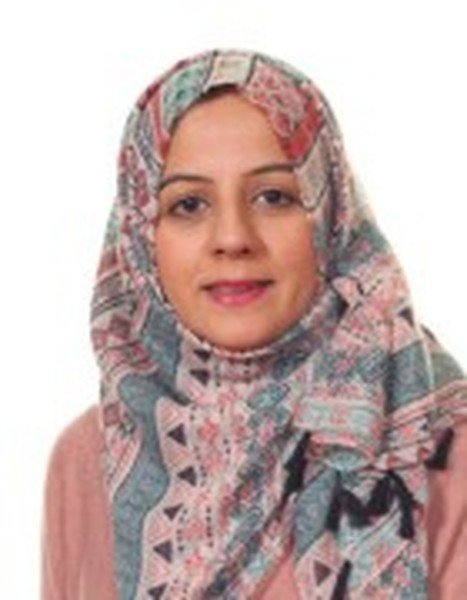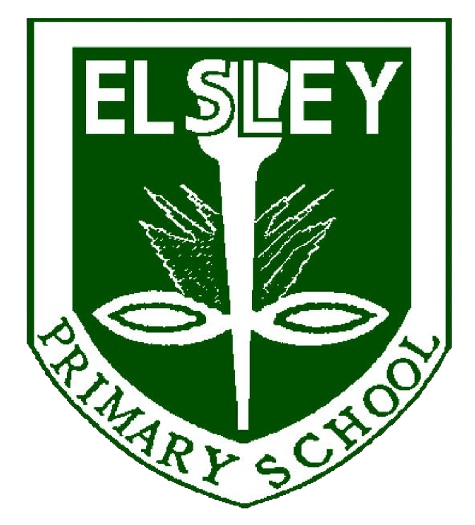Inclusion
Special Education Needs and Disability (S.E.N.D.) and English as an Additional Language (E.A.L.)
At Elsley Primary School, we believe that every child deserves an inclusive and supportive learning environment where they can thrive. We are deeply committed to ensuring that all our pupils, including those with Special Educational Needs and Disabilities (SEND) and those for whom English is an Additional Language (EAL), receive the personalised support they need to succeed.
Our school is proud to host an Additional Resource Provision (ARP), specifically designed to cater to pupils with more complex needs. This dedicated space allows us to provide tailored interventions and specialised resources, ensuring that every child can access the curriculum and participate fully in school life. Our inclusive approach extends to our classrooms, where teachers are trained to differentiate instruction and support all learners, fostering a sense of belonging and achievement for everyone.
In addition to our ARP, we offer comprehensive EAL support, helping children who are learning English to develop their language skills in a nurturing and encouraging environment. We work closely with families to understand each child's unique needs and provide targeted interventions that promote language acquisition and academic progress.
At Elsley Primary School, inclusion is at the heart of everything we do. We strive to create a community where every child feels valued, respected, and empowered to reach their full potential.

Our SENCO (Special Education Needs Co-ordinator) is
Kaniz Mulji - Contact: 020 8902 8003

English as an Additional Language (E.A.L.)
Children have small group EAL interventions twice a week to support their learning. They are taught language structures, vocabulary, phonics, grammar and are encouraged to rehearse the language using full sentences.
We are following English World scheme which incorporates all aspects of language learning. Children enjoy the sessions and are very keen to participate in the journey of becoming confident language users.
- EAL acknowledges that pupils may have knowledge of more than one other home or community language.
- EAL is mainly about teaching and learning English language through the content of the whole curriculum.
EAL pupils are:
- Born outside the UK in non English speaking communities.
- Born in the UK but not exposed to the English language at home.
How long does it take to learn language?
- 1-2 years for BICS ( basic interpersonal communication skills) – context embedded
- 5-7 years for CALPS (cognitive academic language proficiency) – context reduced


